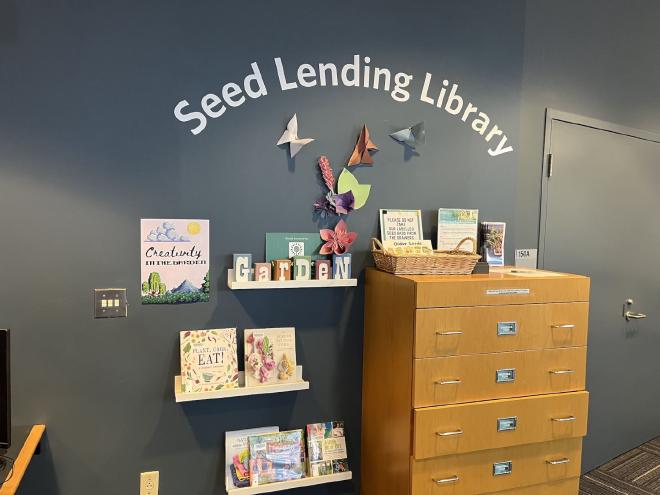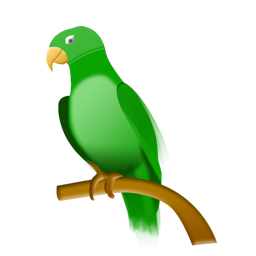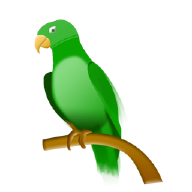

As spring blossoms across Vancouver, University of British Columbia’s Seed Lending Libraries offer more than just a chance to grow your own garden—they’re part of a growing movement of sustainable gardening and community-driven initiatives.
A seed lending library is an innovative concept that’s sprouting up around the world. It works much like a traditional library, but instead of borrowing books, you borrow seeds. Once your plants grow and produce seeds of their own, you return them to the library for others to borrow.
“Patrons can borrow seeds, grow plants, and, when the time comes, return seeds from their crops for others to borrow. It’s a circular system that promotes sustainability, education and community sharing” said Helen Brown, co-founder and librarian at UBC’s Woodward Library. “It’s a community-driven way to grow your garden, while also sharing knowledge and resources with others. We are open to the public, meaning anyone can come in and borrow our seeds.”
Since its founding in 2017, UBC’s Seed Lending Libraries have grown into five locations across both campuses—Woodward Library, Education Library, X̱wi7x̱wa Library, Asian Library and UBCO Library. Thanks to a grant from the University Neighbourhood Association, the project began with a vision of making gardening more accessible while strengthening connections between the university and the surrounding community. You don’t have to be a UBC student or staff member to borrow from the seed lending libraries, as all five locations are open to the public.
“The Seed Lending Libraries are a great example of how universities can support sustainability efforts and empower our communities,” says Wendy Traas, co-founder and librarian at UBC’s Education Library. “These libraries offer everyone—from beginners to seasoned gardeners—the chance to grow something they can be proud of, whether it’s vegetables for the dinner table or fresh flowers to brighten your home.”
The variety of seeds available differ depending on the location, but all five UBC Seed Lending Libraries offer a rich collection, largely donated by patrons who help to keep the seed libraries going, as well as donors like UBC Farm and West Coast Seeds. At the Education and Woodward libraries, you’ll find the usual suspects: vegetable, herb, flower and local seeds. The X̱wi7x̱wa Library and Asian Library are unique because they offer seeds with cultural ties, particularly from Indigenous and Asian traditions.
“People can borrow seeds from the X̱wi7x̱wa Library that have traditionally been used for medicinal purposes in Indigenous cultures,” says Traas. “It’s a chance to explore plants that may have been passed down for generations, all while deepening our understanding of their cultural importance.”
For those eager to dive in, the libraries hold events to teach newcomers how to plant and care for the seeds. These events serve as a chance not only to grow a garden, but to foster connections with fellow gardeners and the broader UBC community.
As buds begin to bloom across UBC’s campuses this spring, there’s no better time to “borrow” some seeds and watch your garden grow.

